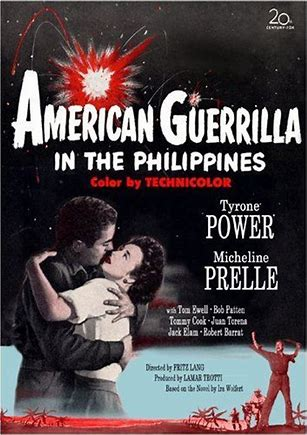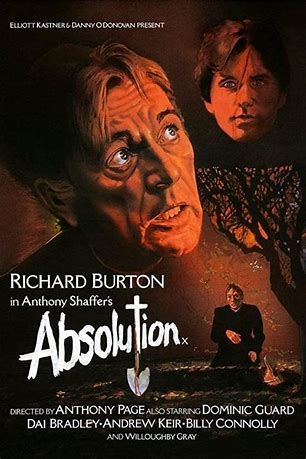Just as everyone says, there’s an
inexhaustible quality to Georges Franju’s Eyes Without a Face, a rare balancing
of unnerving narrative mechanics and a searchingly poetic sensibility that
seems constantly to be looking beyond. Its 90 minutes contain a remarkable
variety and breadth of characterization and incident, the focus several times
moving outside the established narrative onto a new character who then gets
drawn into the central scheme; even at its most potentially lurid (and it is,
after all, about a monstrously self-justifying doctor, located in a big creepy
house, whose plan to restore his daughter’s mutilated face entails, with the help
of a manically devoted assistant, kidnapping, surgically abusing and killing a
series of young women), the film is rooted in personal agony and helpless
compulsion, dotted with touching, psychologically revealing moments. The film’s
ending represents an astonishing inversion, the relative ease with which the two
villains are dispatched speaking to the inward-looking irrelevance of their scheming,
obsessing with restoring the damaged girl’s face when her true redemption lay
in embracing its absence, and entering her own ethereal space, depicted in a climatic dove-shrouded glide into the woods. The scenes of the investigating
cops could from one perspective be eliminated – we last see them getting the
wool pulled over their eyes, departing with no idea of their proximity to past
and pending crimes - and yet, the intrusion of such ineffective authority reminds
us (because we might easily forget), that the film’s threats and perversions of
causality, for all their fantastic aspects, are products of our own world (the
final scene of Franju’s Judex appends a note to a similar end), of
familial love and scientific ambition and perceived social entitlement; the vibrant
Paris captured earlier in the movie lying just a twenty-minute train away ride,
we’re told. Overall, amazing viewing every time.




